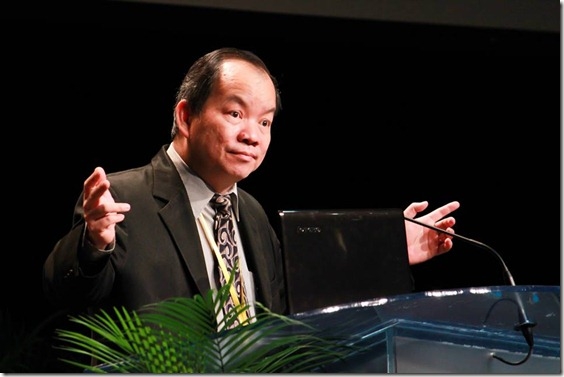A webinar held by the Malaysia Baptist Theological Seminary discussed the Israeli-Palestinian conflict from the perspectives of its history, the Jewish perspectives, the Arab perspectives, and trio-reconciliation theology.
Held on June 15th, the theological webinar was themed "Looking at the Long-standing Israeli-Palestinian Grudge from Historical and Reconciliation Theology Perspectives".
The first speaker, Dr. Francis Choi, explained how to look at the Israeli-Palestinian deadlock in the past and present from a historical perspective. He explained that Israel and Palestine are in conflict with each other because of their different standpoints. The deadlock between them, involving the significance of land, land sovereignty and return, psychological reactions, trauma from suffering, natural reactions, pressure groups, capital city issues, rebuilding of the temple, as well as extremism, might further deepen the conflict.
After that, Rev. Joseph Steinberg and Rev. Afeef Halasah shared the way Jews and Arabs respectively look at the Israeli-Palestinian conflict. Despite the difference in ethnic backgrounds, both of them argued that Jesus Christ is the only solution. They stated that Christ’s love had enabled us to be reconciled with God, and we, filled with his love, could reconcile with people, even our enemies as His love is the only way for us to overcome any hatred, anxiety, and fear.
The last speaker, Dr. John Ong, president of the Malaysia Baptist Theological Seminary, described the manner in which we should look at the Israeli-Palestinian grudge, from a perspective of reconciliation theology practice.
He stated that reconciliation was at the core of the gospel and God’s work of love for His people. As Christians, our differences in ethnicity, political or theological views should not be excuses that prevent us from being spiritually and emotionally united. Genuine repentance and commitment to forgiveness were needed, which was not a one-time event, but a promise that needed a prolonged process. The greatest challenges and obstacles that we thought we could not overcome have already been conquered by Jesus on the cross, and neither Arabs nor Israelis should try to overcome them with their own strength.
"If anyone is in Christ, he is a new creation. This new creation is not only international, trans-cultural, across race and history, but more importantly, whether being Jews or non-Jews and whatever difference in color or background, these matter no more, as they all come to worship God," he added.
- Translated by Grace Song












